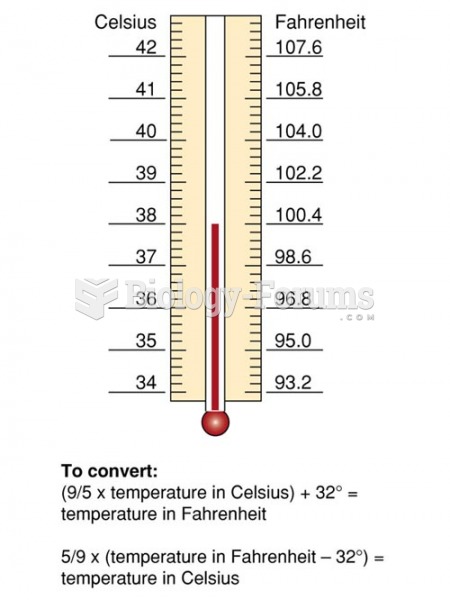This topic contains a solution. Click here to go to the answer
|
|
|
Did you know?
In most cases, kidneys can recover from almost complete loss of function, such as in acute kidney (renal) failure.
Did you know?
Cancer has been around as long as humankind, but only in the second half of the twentieth century did the number of cancer cases explode.
Did you know?
After a vasectomy, it takes about 12 ejaculations to clear out sperm that were already beyond the blocked area.
Did you know?
Between 1999 and 2012, American adults with high total cholesterol decreased from 18.3% to 12.9%
Did you know?
The FDA recognizes 118 routes of administration.
 Crossing over during meiosis leads to allele combinations in sex cells that are not present in the p
Crossing over during meiosis leads to allele combinations in sex cells that are not present in the p
 Most drugs exhibit first-order elimination, in which the rate of drug elimination is equivalent to ...
Most drugs exhibit first-order elimination, in which the rate of drug elimination is equivalent to ...





